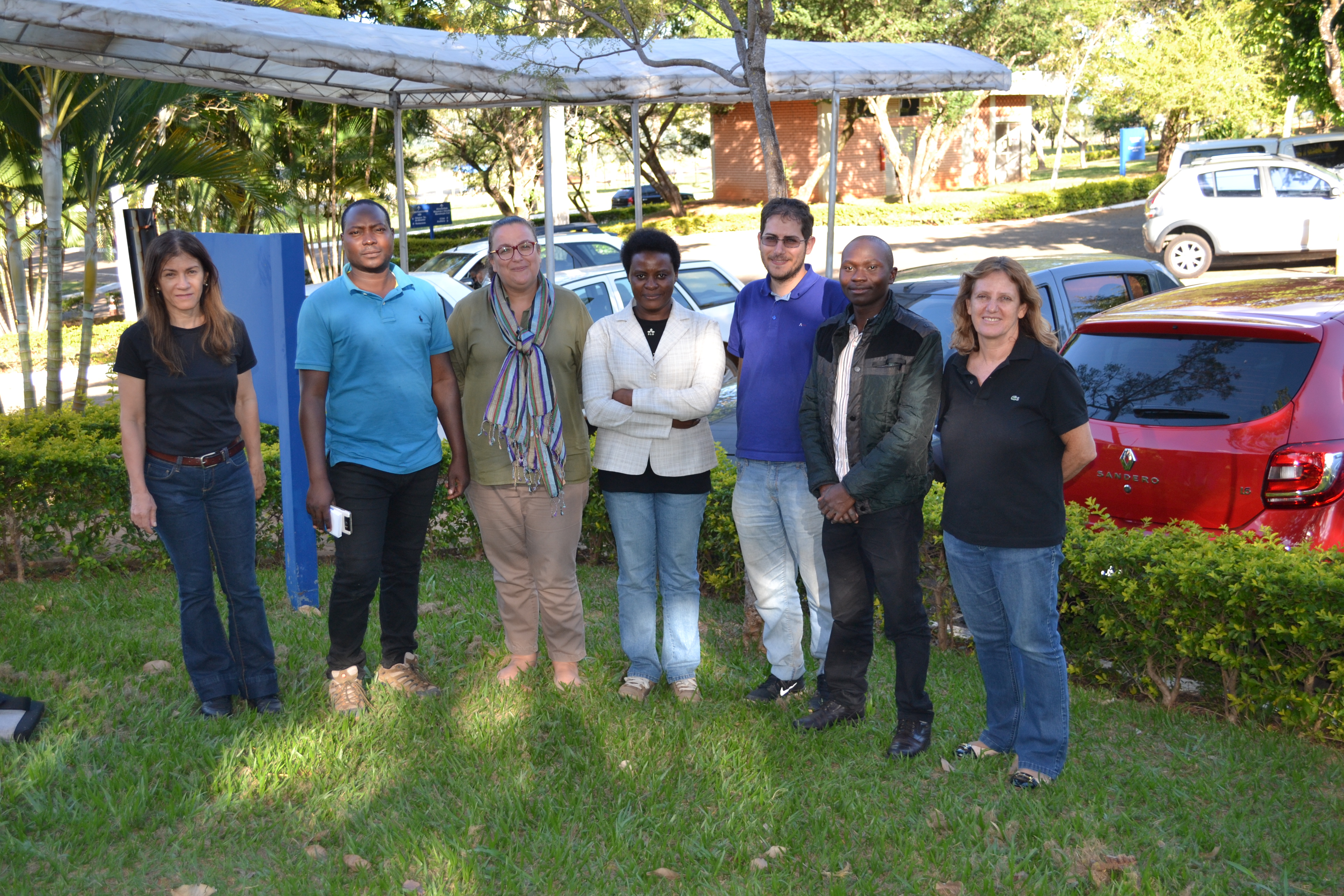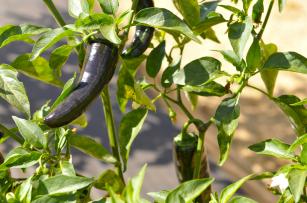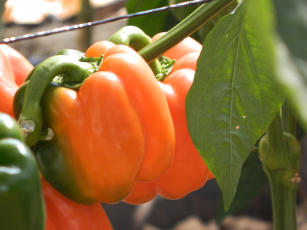Advances mark project to assess pepper cultivars in Africa
Advances mark project to assess pepper cultivars in Africa
An exchange of knowledge and experiences that makes every activity within the scope of the Agricultural Innovation Marketplace worth it. That is how the researcher Cláudia Ribeiro, coordinator of the Pepper and Bell Pepper (Capsicum) Breeding Program by Embrapa Vegetables (Brasília, DF, Brazil) qualifies the joint activities involving pepper cultivar assessments in African countries.
The marketplaces were idealized by Embrapa as mechanisms to finance projects aimed at development and innovation in agriculture, and they involve the conception of international cooperation programs, following the example of those being developed in Uganda and Togo - the first one focuses on producing peppers for exports, while the second targets the domestic market. Both countries commercially cultivate peppers, but they do not count on seed availability in the market.
The project comprises two stages of training - the first one was marked by the presence of the Embrapa researchers Marçal Jorge, Carlos Ragassi, and Cláudia Ribeiro in those countries; in turn, the second stage included the visit of the Africans Jeninah Karungi and Peter Ssekkadde (Uganda) and Agossou Affo Bindé (Togo) to Brazil, as part of the activities stipulated by the project. According to the researcher, this second stage represented a chance to discuss alternatives for some of the obstacles that limit pepper production in those countries.
“When we went to Africa, in December 2016, we identified some bottlenecks: how to make the transition from producing seedlings directly in seedbeds or plastic bags to the use of trays (more appropriate), and manufacturing substrata, which is very expensive in the market”, lists the coordinator, who also underscores the local populations' work on pepper characterization in activities developed in the two countries.
“Both the morphological characterization of the fruits, which allows the identification of pepper species that are cultivated in the region, and the agronomic characterization, which involves yield and the materials that most suit plantation conditions, are going to make the choice of the best local varieties possible”, highlights Cláudia, for whom the selection is likely to encourage production and productivity, with effects on the economy.
As the technicians from Togo and Uganda came to Brazil last June, the project advanced a few steps. The training given by the researchers Carlos Ragassi, Marçal Jorge, Sabrina Carvalho, and Mirtes Lima accelerated the pace of the previously stipulated stages, expanding the scope of action in the areas of breeding, seed production, and crop management.
“There is no use in putting one of our pepper varieties with good adaptation perspectives forward if they are not familiar with the technology for suitable management, or in giving access to our materials if they do not have the means to produce the seeds”, Cláudia exemplifies.
A LOT TO GAIN
For Agossou Affo Bindé, co-leader of the project in Togo, the gains were very fruitful and the lessons from the training are going to contribute a lot to improve techniques for the pepper cultivation system in his country. According to him, despite the high level of its technologies, Brazil offers means of access to new production systems that are adaptable to local characteristics, like the protected cultivation technology in Togo.
The way the cooperative system operates in the Distrito Federal region also drew Bindé's attention as “a recipe for working more professionally in the pepper production chain” and one of the high points of the training.
“I was impressed by the high level of professionalization shown by the cooperative organizations, as well as by the connection between research and the production chain, which includes the trading stage, made by the cooperatives themselves”, remarks the co-leader, who coordinates the NGO Casaddvr, an agricultural development research center in Togo.
Translation: Mariana Medeiros
Anelise Macêdo (MTB 2.748/DF)
Embrapa Vegetables
Press inquiries
hortalicas.imprensa@embrapa.br
Phone number: +55 61 3385-9110
Further information on the topic
Citizen Attention Service (SAC)
www.embrapa.br/contact-us/sac/



